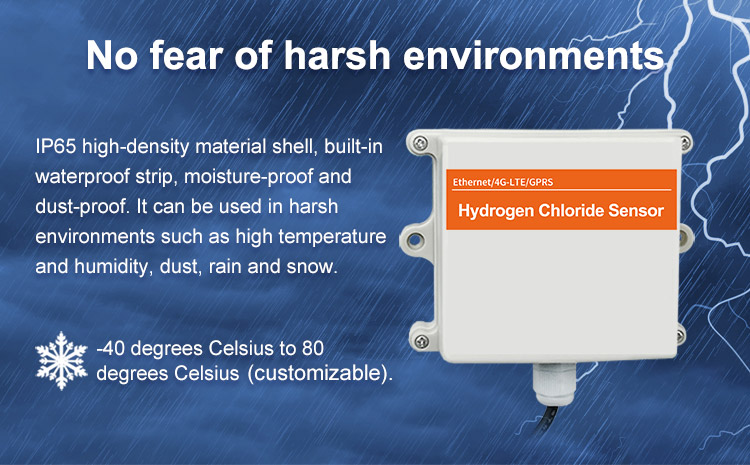Natural gas sensor play a crucial role in detecting and alerting individuals to the presence of gas leaks. Natural gas is a versatile and widely used energy source. However, its flammable nature poses safety risks, making effective monitoring essential. This article explores the importance of natural gas sensors, their working principles, benefits, and applications in various industries.

Working Principle
A natural gas sensor is a device designed to detect and measure the concentration of natural gas in the surrounding environment. These sensors employ different technologies, including catalytic, infrared, and semiconductor-based detection methods.
Catalytic sensors consist of a catalyst coated with a material that reacts with natural gas. When gas molecules come into contact with the catalyst, a chemical reaction occurs, resulting in a change in temperature or electrical resistance. These changes are then measured and converted into an output signal that indicates the gas concentration.
Infrared sensors work by emitting infrared light at specific wavelengths that are absorbed by natural gas molecules. The amount of light absorbed is proportional to the gas concentration, and this information is used to determine the presence and level of gas leakage.
Semiconductor sensors utilize a sensing element made of a semiconductor material, such as tin dioxide or metal oxide. When natural gas interacts with the semiconductor, it alters the electrical conductivity, which is measured and converted into a gas concentration reading. The higher the gas concentration, the greater the change in conductivity.
Benefits and Applications

Natural gas sensor offer numerous benefits in terms of safety, efficiency, and environmental protection. Firstly, these sensors play a critical role in enhancing safety by detecting gas leaks early. By continuously monitoring the environment, the sensors can quickly identify even minor leaks, enabling prompt action to prevent potential accidents, fires, or explosions. This early detection also minimizes the risk of health hazards from prolonged exposure to natural gas.
Secondly, natural gas sensor contribute to energy efficiency. Gas leaks result in revenue losses and unnecessary energy wastage. By promptly identifying and repairing leaks, these sensors help ensure that valuable resources are utilized efficiently. In addition, natural gas sensors enable operators to monitor consumption patterns, detect anomalies, and optimize gas usage, ultimately reducing costs.
Moreover, natural gas sensor are vital in environmental protection measures. Methane, the primary component of natural gas, is a potent greenhouse gas, contributing to climate change. Detecting and minimizing methane leaks is crucial for mitigating environmental impacts. Natural gas sensors enable industries such as oil and gas production, refineries, and distribution networks to monitor and control emissions effectively, ensuring regulatory compliance and sustainable practices.
Natural gas sensor find applications across various industries. In the residential sector, they are used for home safety, specifically in kitchens and heating systems. Detectors can be installed to trigger alarms when gas concentrations exceed safe levels, protecting lives and property. Commercial buildings and industrial facilities also employ natural gas sensors to safeguard employees, equipment, and infrastructure.
The energy sector extensively uses natural gas sensors in exploration, production, and transportation operations. These sensors are integrated into pipelines, storage facilities, and offshore platforms to detect leaks and prevent accidents. By continuously monitoring gas levels, operators can take immediate action, ensuring worker safety and preventing resource losses.
Furthermore, natural gas sensors are utilized in research and development laboratories to measure gas concentrations during experiments. They are also employed in environmental monitoring applications, such as landfill sites, where methane emissions need to be controlled and quantified.
Conclusion
Natural gas sensors play a vital role in enhancing safety, efficiency, and environmental protection in the energy sector. By promptly detecting gas leaks, these sensors mitigate risks associated with flammable gases, prevent accidents, and safeguard human lives and property. They contribute to energy conservation by enabling efficient usage of resources and reducing wastage. Moreover, natural gas sensors aid in environmental protection efforts by controlling emissions and minimizing the impact of greenhouse gases. With their diverse applications, natural gas sensors are indispensable tools for ensuring safety, optimizing energy consumption, and promoting sustainable practices.